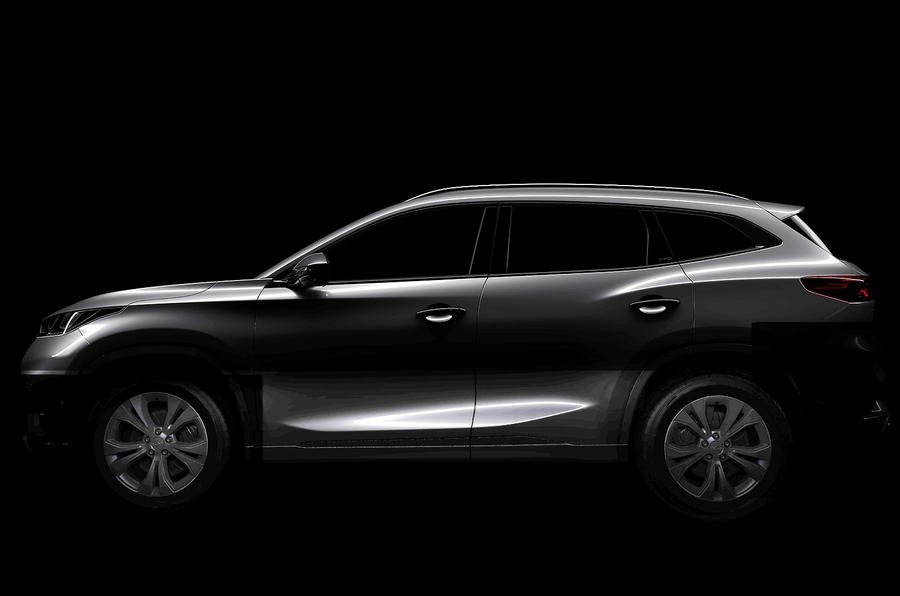China to make inroads in the European automotive market
11 September 2019

China to make inroads in the European automotive market
11 September 2019
The IAA Frankfurt will provide further evidence of China's increased progress in taking a bigger slice of the EU market.
Chinese suppliers and manufacturers have stepped up their presence at this year's event, taking advantage of a smaller number of mainstream carmakers bringing their latest products to the exhibition halls. The country is aiming to capitalise on a shift towards electric vehicles (EVs) that the industry has been forced into by EU regulators.
The IAA 2019 will feature 800 exhibitors, down from the 994 when the show last run in 2017. Chinese carmakers and suppliers now make up the biggest foreign contingent, with 79 companies, up from 73.
While manufacturers are looking to capitalise on a more diverse market, China's bigger presence is also due to Europe's lack of expertise in lithium-ion battery cell production, an area where Asian suppliers dominate.
German companies are striking major deals with Chinese suppliers to help them meet stringent anti-pollution rules, with the EU targeting an average CO2 emission figure of 95g/km across the entire industry in 2021.
Battery push
′All carmakers face the challenge that they will have to fulfil fleet consumption targets,' Matthias Zentgraf, regional president for Europe at China's Contemporary Amperex Technology (CATL), told Reuters.
Zentgraf said he expected further supply deals to be struck in Europe this year following agreements with BMW and Volkswagen.
Daimler has said it had chosen China-backed Farasis Energy to supply battery cells for its Mercedes-Benz electrification push. Farasis is building a €600 million factory in East Germany, close to where rival CATL is erecting a €1.8 billion battery plant.
SVOLT Energy Technology, which was spun out of China's Great Wall Motor, will start building battery cells in Europe at a new €2 billion plant in 2023.
Manufacturers
Chinese carmakers Lynk & Co, BAIC and Aiways all have plans to increase sales of their models in Europe by 2020, while Geely owns Volvo and is a large stakeholder in Daimler, and SAIC is using the MG brand to further its sales in the UK with plans to expand onto the continent.
With declining sales in their domestic market, these carmakers are looking to Europe to increase their profits and take advantage of Asia's advances in electric and low-emission technology to tempt consumers away from traditional brands, many of whom are facing large penalties for breaching the CO2 rules, and could, therefore, struggle financially as a result.
The carmakers will have a small window of opportunity as major brands such as Volkswagen Group, BMW, PSA Group, Renault Group and others firm up their EV plans. While this is happening, those looking to switch will do so to cars that are already available, a move that Chinese companies are hoping will bring them more customers.